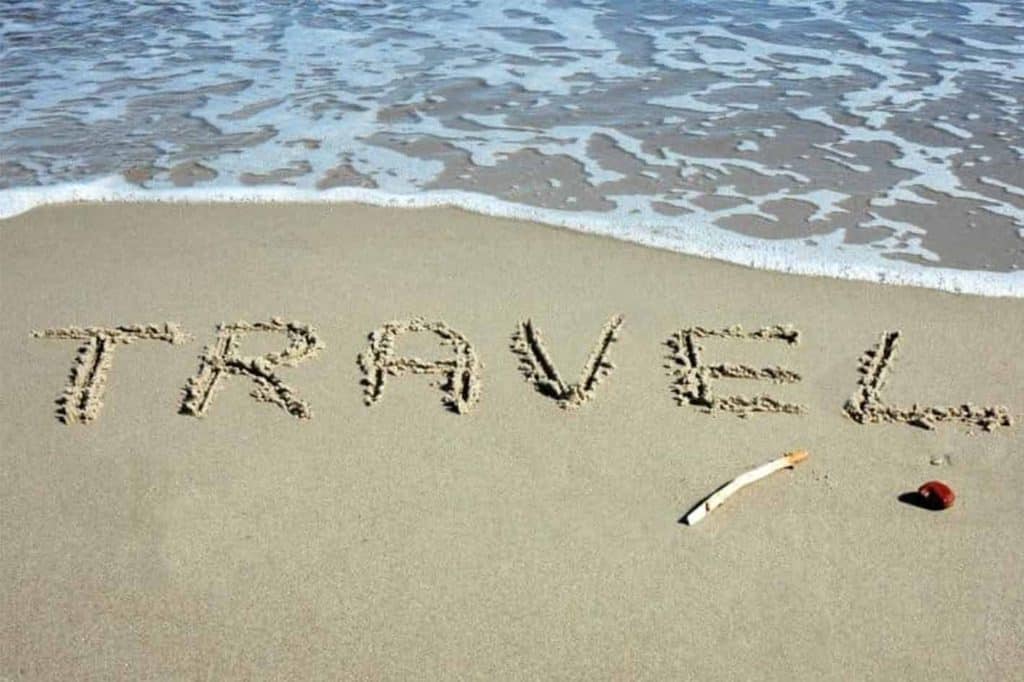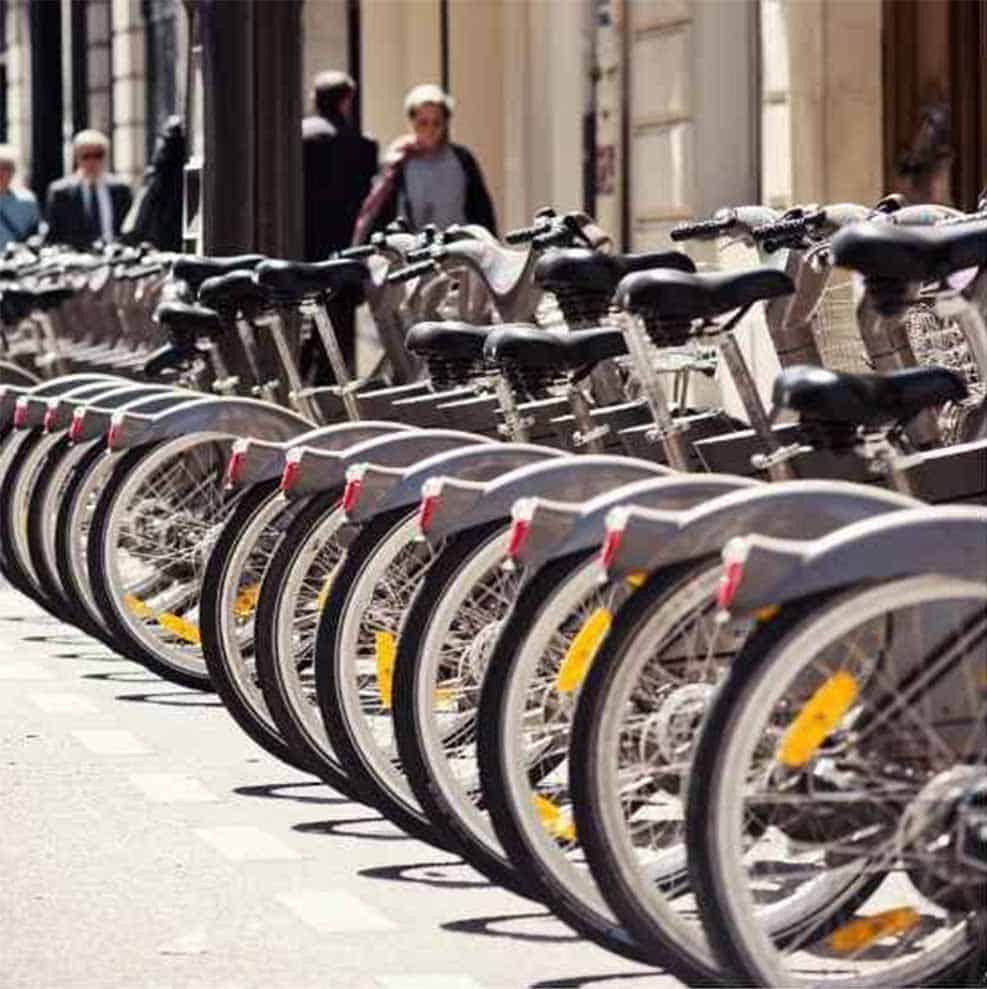
9 Tips to Save Money When Travelling as a Student
Most students at some point in their young lives dream of travelling the world. The time has come, you’ve finally saved up enough money and decided to go. Now the next challenge is how to stay within your budget and save money when travelling as a student.
Flight is booked, luggage is packed and the wallet has a set amount of funds. Whether this is a school trip or family outing the big question is how are you going to make your money last.
Here are some things to consider while trying to save money when travelling as a student abroad.
1) Be Aware of Exchange Rates

The number one tip is to know what you’re getting into and plan ahead. There are easy ways to spend money and there are easy ways to give money away. Using an expensive currency exchange is an easy way to give up part of your budget.
Don’t end up stranded in a land where you are not familiar and have to ask where to exchange your money. You may end up at the local cigar shop and chances are you won’t get a good deal.
You are at their mercy and they most likely know it. It’s not unusual for currency exchanges to charge expensive fees on top of the exchange rate, be aware.
Plan ahead to have the correct currency and amount of money. If you are going to exchange money once you are there, always ask for the entire price including the fees first. Shop around.
When possible, use a national bank or a main destination. A lost tourist or travel student looking to exchange money is an easy target, don’t put yourself in that situation.
2) Ask for a Bill or Receipt
It’s common practice in many other countries to not give a receipt or a bill at a café or restaurant. Although it’s often a requirement of the business it sometimes doesn’t happen.
Prior to paying anything ask for the bill. If a waiter is hesitant keep waiting. Learning the hard way that you’ve paid for more food and drink than you had isn’t fun, be proactive.
3) Leave Touristic Centers to Make Purchases
The price you pay in the center versus outside the center can be significantly different. If you are looking to eat, heading off the path is probably a good bet, especially if you are looking to save money when travelling as a student.
There’s a chance you may not have the same enjoyable view but to make up for it you may get a cultural experience you didn’t see coming. The same goes for groceries and anything else you may need. Use your discretion and only leave centers when it is safe to do so.
4) Ask a Local

This is a great idea not just to save money but to add to your experience. Bias may come into play here as locals have their spots, but is that necessarily a bad thing?
Every place I visit I always talk to a local. Some of my best and cheapest experiences have come through asking a random person on the street.
5) Don’t Carry Big Bills
If you’re looking to make a purchase using a $100 bill, a lot more negative than benefit can come out of it unless your purchase is close to that amount. Getting proper change is often an issue and getting a good purchase price becomes a lot harder.
When a touristic salesperson knows you have access to money they often want as much of it as they can get. Travel smart as a student and carry smaller bills when you can, negotiations become a lot easier.
6) Negotiate
It’s common practice outside of North America to negotiate for things in tourist destinations, especially at markets. Always ask for the price in advance and work on your bargaining skills.
If they don’t answer, ask again before pulling your money out. It doesn’t hurt to ask if you can get a cheaper price, after all, you are trying to save money when travelling on a budget.
7) Walk or Bike When Possible

Not only is walking good for sightseeing it’s also good for your wallet. Transportation costs can add up, look for free ways to move around. Many cities have public bike systems in place which are good for longer commutes and often you can get a day pass at a decent price.
Bus tours get expensive very quickly and the public bus can sometimes be hard to navigate. Walking or biking will get you the exercise you didn’t ask for at the best price.
8) Stay Out of Restaurants
In tourist destinations, restaurants are everywhere. Whether it’s fast food or sit-down style, there’s a good chance they’re pricey. Lucky for you there’s always a more economical option, settle for a picnic.
You’ll often get by much cheaper by purchasing groceries at the store and making your own lunch. Best part? You can select where you want to sit and eat. Find the best free view and take your time, nobody is pushing you out the door.
9) Find Free Attractions
Although it may not be the main art gallery or sporting event, there are plenty of free attractions in most cities. Beautiful parks, ocean views, free galleries. Plan ahead, do some research and find those places.
You won’t be the only one there, plenty of people are not interested in giving up their last travel dollars when there is something they can enjoy for free.
Travelling can create some of the most precious moments in life. For some like me, they even meet the partner they will spend the rest of their life with.
As travelling can get expensive, having a plan and doing some research in advance will take you a lot further on a tight budget.
If you are looking to save money when travelling as a student, follow these tips and be prepared for new experiences. Just always be aware of your safety and if it doesn’t feel right perhaps look for another option.
By: Robert Puharich | February 8, 2021 |





